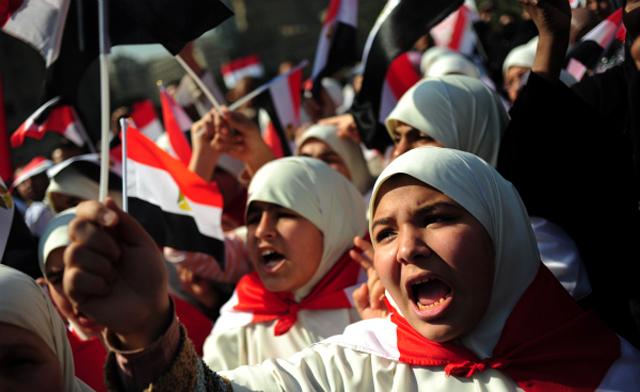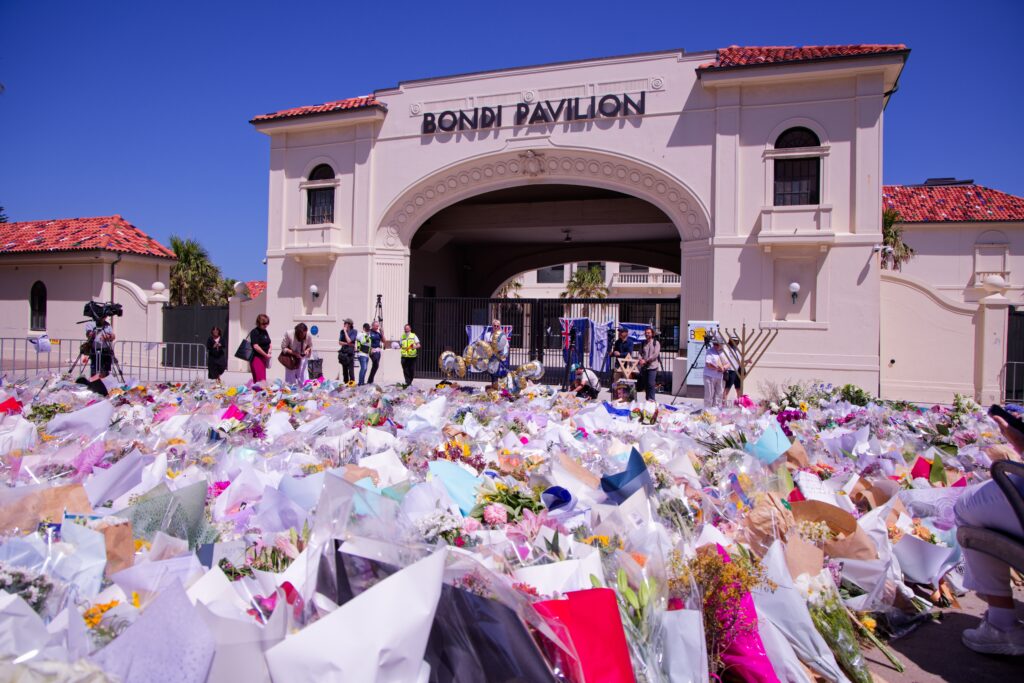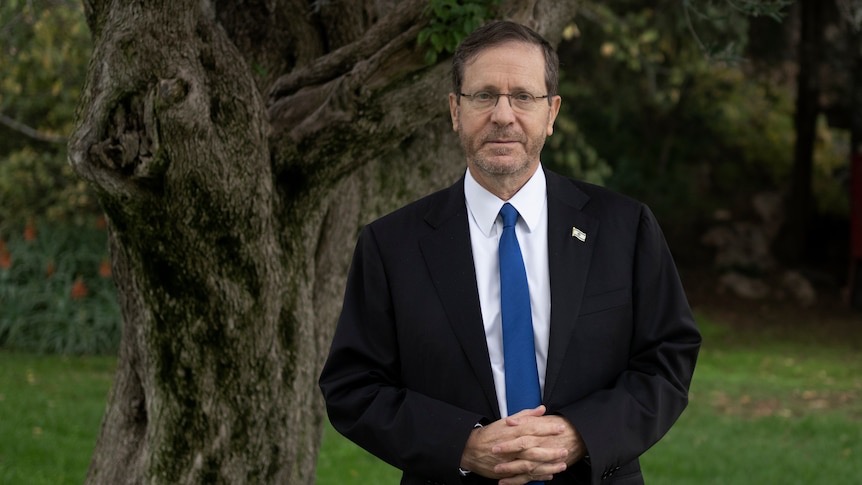UPDATES
Is Human Rights Watch abandoning Women’s Rights?
March 2, 2012 | Or Avi Guy

The last sentence in Human Rights Watch Executive Director Kenneth Roth’s introduction to the organisation’s 2012 annual report, titled “Time to Abandon the Autocrats and Embrace Rights,” reads: “It is a global responsibility to help see a positive conclusion to the Arab people’s brave efforts to demand their rights, and to ensure that the toppling of one autocratic regime does not lead to its replacement by another.” If one were to read the essay backwards, this could have been a very promising start. Unfortunately, reading the essay from beginning to end, it is hard to avoid a certain sense of cynicism and irony when reaching this concluding sentence. This is mainly because Roth’s piece should have been titled “Time to Abandon Autocrats and Embrace Political Islamism”.
One might wonder- why would an Executive Director of a major human rights organisation write such a long apologetic piece in support of groups that are not exactly known for their enthusiasm for the Western idea of Human Rights- indeed, which generally openly reject the idea as blasphemous? Roth’s answer would be that the West, after years of support, or at least complacency, towards autoritarian regimes in the Middle East, must accept the rise of political Islam in the aftermath of the Arab Spring, and stand behind such popular and democratically elected parties, while encouraging (and if needed- pressuring) them to comply with basic human rights demands. In Roth’s eyes, isolating or not recognising a democratically elected government hinders democratisation and the promotion of human rights: “the international community must also come to terms with political Islam when it represents a majority preference. Islamist parties are genuinely popular in much of the Arab world…Ignoring that popularity would violate democratic principles.”
This might make sense, but only if we overlook frightening historical precedents, the declared stances of the Islamist parties in question and recent developments in “liberated” countries which already held elections, such as Egypt and Tunisia. Sadly, it seems that for the sake of preserving those democratic principles of elected government, Roth is willing to jeopardise other democratic principles which could be under threat under Islamist rule. One especially serious reason for concern is women’s rights, which are also, at least in theory, human rights – and therefore ought to be on Human Rights Watch’s radar. Roth hardly mentioned the issue of women’s and minorities’ rights in his essay, but a group of women’s rights organisation picked up on that and in an open letter expressed deep concern that the head of a human rights organisation can support the emergence of Islamists (be it “moderate Islamists” or Salafis) in the political arena after the Arab Spring, at the likely expense of women, religious minorities and gay and lesbians. They wrote:
“…we do not see that one set of autocratic structures should be replaced by another which claims divine sanction. And while the overthrow of repressive governments was a victory and free elections are, in principle, a step towards democracy, shouldn’t the leader of a prominent human rights organization be supporting popular calls to prevent backlash and safeguard fundamental rights?”
Human Rights Watch response stated: “…Western governments cannot credibly maintain a commitment to democracy if they reject electoral results when an Islamic party does well” and described doing so as a “hypocritical stance.”
While Human Rights Watch’s response did not ignore fears of backlash against women, gays and minorities altogether, admitting that the precedents of Iran and Afghanistan are a cause for concern (Algeria and Gaza can also be included in that list) both the original essay and the response downplayed such concerns. The fact that more often then not the rise of an Islamist party was followed by serious setbacks to women’s right does not seem to affect this view, as the organisation emphasises their one partially-successful example – Turkey – as a model for political Islam (again, while downplaying Turkey’s own increasingly severe human rights violations). Roth repeatedly complains about the disapproval and non-recognition of Hamas after winning the elections in Gaza in 2006 (ignoring the violent coup that took place, and the persecution of political opposition, such as Fatah members, which soon followed), even though he claims that Human Rights Watch challenged Hamas for barring female students who did not wear headscarves. To prevent such a scenario from recurring Human Rights Watch calls to accept the results of the election in Tunisia, meaning Ennahda’s (an Islamist party) victory. This despite of comments by Ennahda’s leader Rashid Al- Ghannushi against women’s participation in the political sphere and positive views regarding implementation of Sharia law. Human Rights Watch also appeared complacent regarding the results of the elections in Egypt, where the Muslim Brotherhood received 47% of the votes, and the Salafi party al-Nour received 24% of the votes. In both countries women’s rights took a turn for the worse after the revolution.
For instance, in Tunisia Salafis have recently been using violent protests to attempt to impose compulsory veiling of women in academic institutions such as the Manouba University. Violence and harassment of women in Egypt is commonplace and their representation rate in politics after the recent election is one of the lowest in the world, while NGOs face a massive crackdown.
This is not the first time Human Rights Watch and similar members of the Human Rights NGO community has seemed to backpeddle on the supposedly absolute back and white norms of human rights when it comes to Islamist regimes and parties. For instance, in 2006, Human Rights Watch representatives attacked British gay rights activist Peter Tatchell for supposed ” racism, Islamophobia and colonialism” after Tatchell led a campaign against the execution of homosexuals by the Iranian regime.
Meanwhile, more famously, the head of Amnesty International’s Women’s Rights division, Gita Sahgal, resigned in 2010 over that organisation’s soft-spot for Islamist extremist at the expense of women’s rights, saying that Amnesty’s alliance with the pro-violent Jihad group CagePrisoners “their stance has laid waste every achievement on women’s equality and made a mockery of the universality of rights.”
The call to support Islamist parties such as the Muslim Brotherhood and accept extremist Salafi groups (which, to various degrees, reject women’s participation in politics and promote imposed veiling, implementation of Sharia law or even condone violence towards women in the public sphere) into the political arena is further evidence of a blindspot within Human Rights Watch. There is no real chance for democratisation based solely on election – without the democratic values of equality, freedom of association, freedom of expression and freedom of the press, and without female participation in politics, and women’s rights. Maybe instead of worrying about the supposed “hypocrisy” of the international community in being concerned about these parties, Roth should himself be more concerned about the “hypocrisy” of his own and other Human Rights NGOs over women’s rights in Islamic nations. After all, women make up more than half the human race, so women’s rights ARE human rights.
Or Avi-Guy
Tags: NGOs





